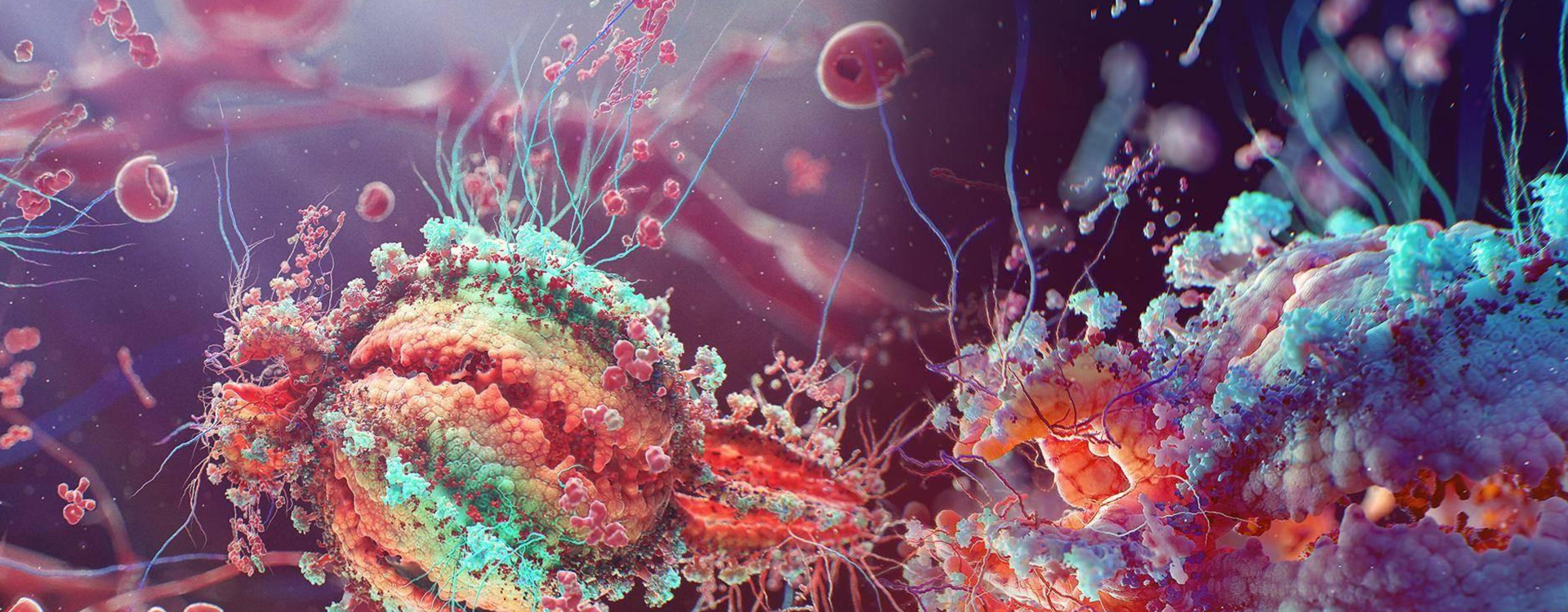Seminar Details
Paired box 9 (PAX9) is a member of the paired box family involved in cancer cell growth, proliferation, and differentiation. PAX9 downregulation has been established in oral cancer associated with cancer growth and progression. In this setting, the present study aims to identify a PAX9-activating compound from Bacopa monnieri as a potential therapeutic in an oral cancer model. Among these phytochemicals, Bacopaside-II (BS-II) was identified as the potent PAX9 activator in CAL33 cells. Interestingly, BS-II inhibits cell proliferation and activates apoptosis in CAL33 and FaDu cells. Moreover, BS-II induces autophagy, and inhibition of autophagy reduces cell death in oral cancer. To investigate the role of PAX9 in stemness and differentiation, we initially separated CD44+ and CD44- from oral cancer cells by MACS and confirmed by flow cytometry and western blot analysis. We found that PAX9 has decreased expression in CD44+ cells compared to CD44- cells, suggesting higher stemness and lower differentiation activity in CD44+ cells. PAX9 was overexpressed in CD44+ cells, and its role in inhibiting stemness was analyzed through sphere-forming potential and western blot. Furthermore, differentiation-related markers were monitored through western blot and flow cytometry in PAX9 overexpressed CD44+ cells. We also reported lower expression of Nanog, SOX2, p-GSK3-&beta and p-AKT in PAX9 overexpressed CD44+cells, which shows decreased stemness capability in PAX9 overexpressed CD44+cells. The effect of PAX9 in inhibiting AKT/GSK3-&beta signalling and activating BMP2 signalling was investigated in CD44+ cells to confirm the inverse relation between PAX9 and stemness in oral cancer stem cells. In addition, we found that BS-II inhibited cell viability and colony formation with increased autophagy and activation of PAX9 in CD44+ cells.


